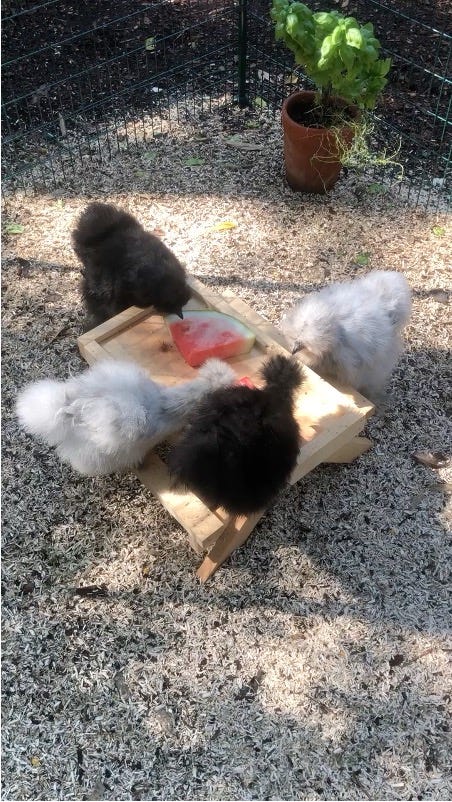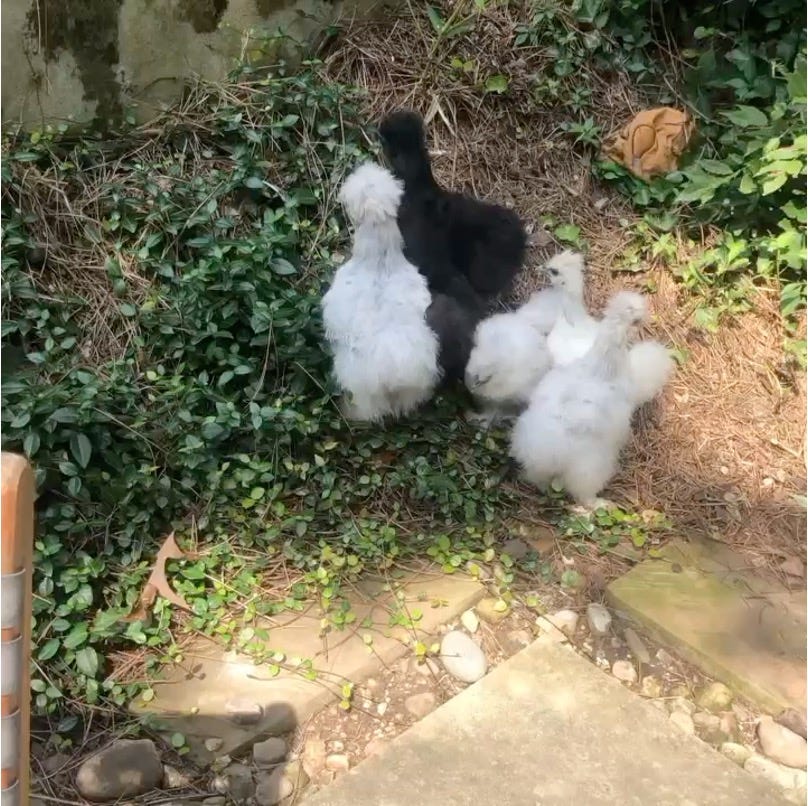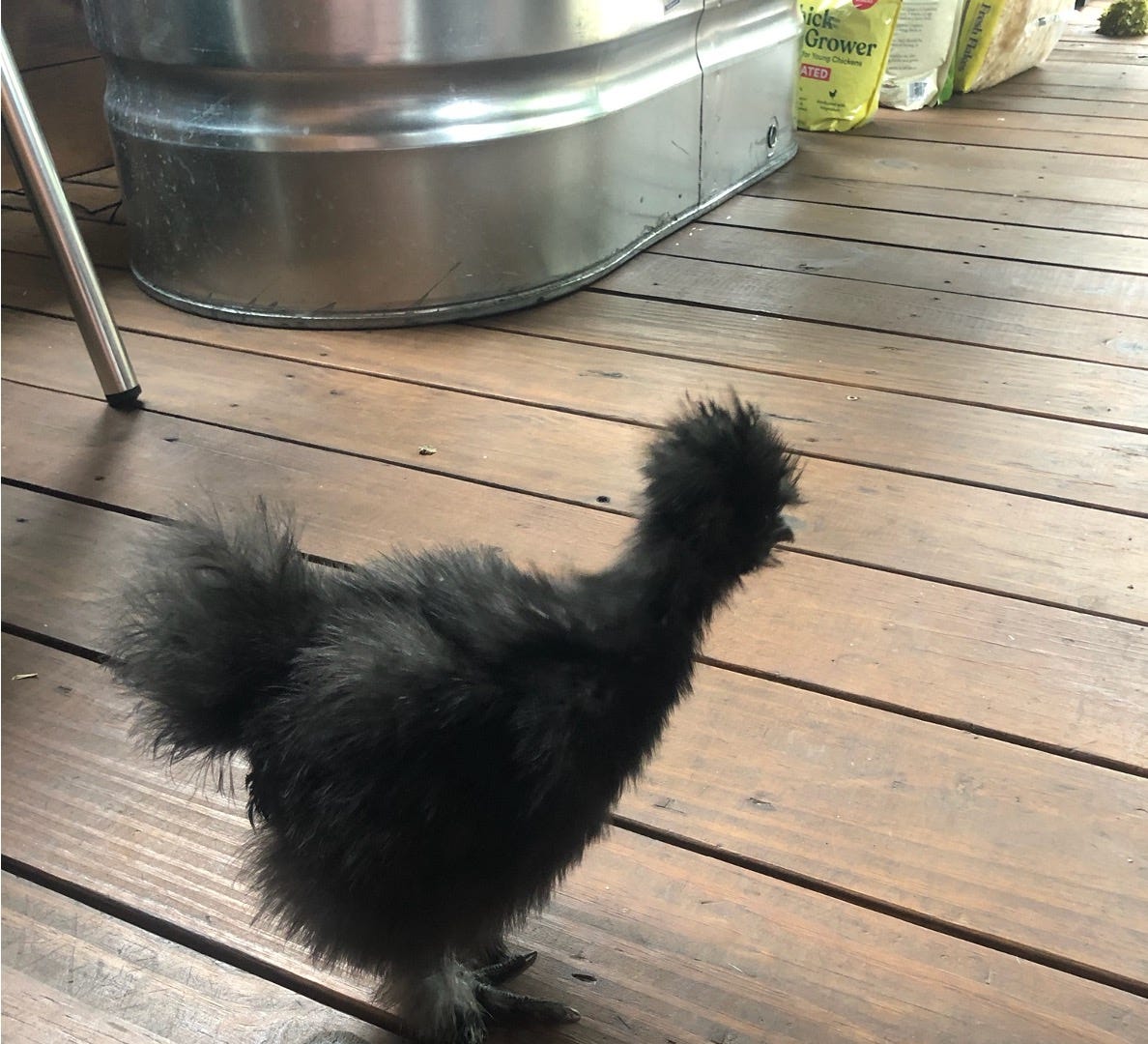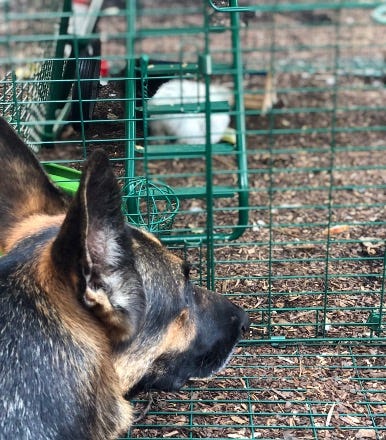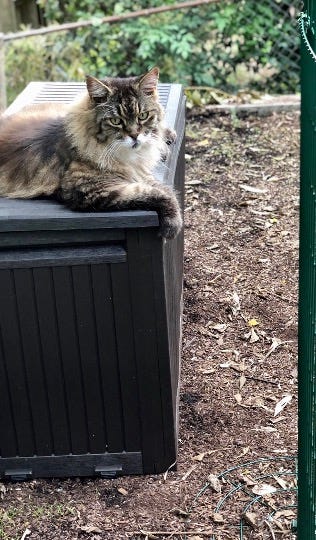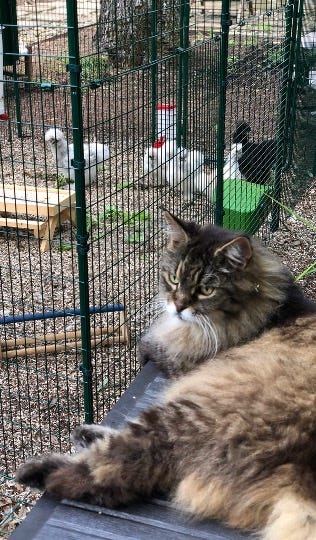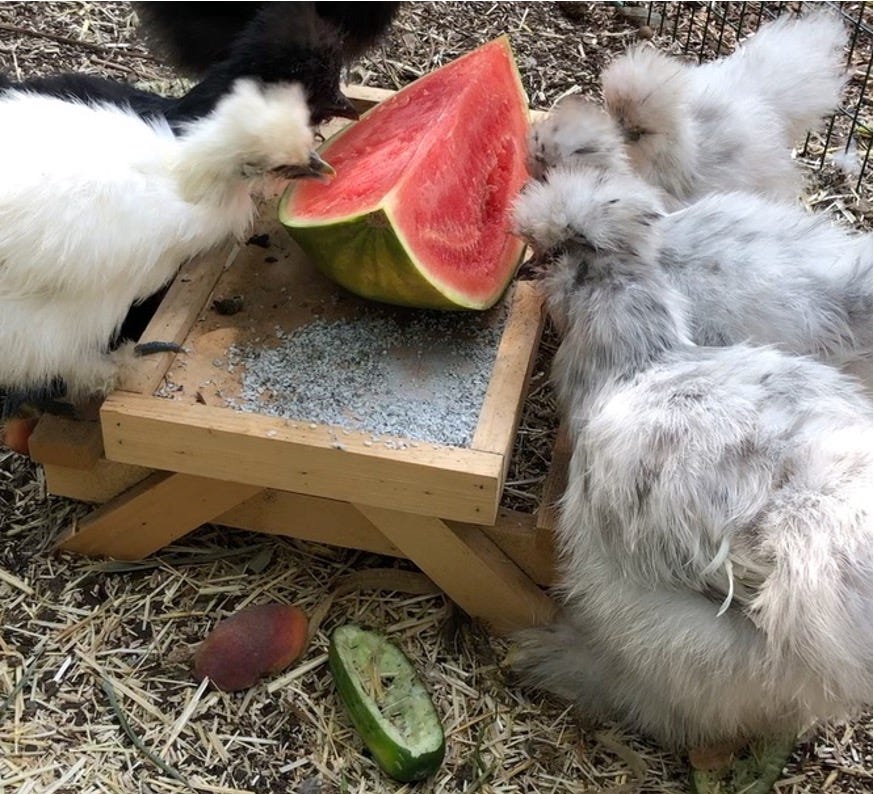When I read the Washington Post’s July 26 reporting, confirming that Trump is a subject of DOJ’s investigation, for the first time, I knew it was time to take a look-see at the basics of a conspiracy charge.
We’re going to focus on the general conspiracy statute, 18 USC 371. This is the statute prosecutors could use to charge both a conspiracy to defraud the government (sometimes called a “Klein” conspiracy) and conspiracy to commit a criminal act, like obstructing an official proceeding in Congress. The general conspiracy statute, 18 U.S.C. § 371, makes it a crime "[i]f two or more persons conspire either to commit any offense against the United States, or to defraud the United States, or any agency thereof in any manner or for any purpose.
There are other statutes that create a conspiracy charge for a specific crime. For instance, DOJ has seditious conspiracy charges pending against members of the Proud Boys and Oath Keepers militia groups. (Read those indictments here and here.) Those charges are based on a specific statute, 18 USC 2384 that is only used (and rarely) for seditious conspiracies. There are a number of other more frequently used specific conspiracy statutes, among them drug and civil rights conspiracies. These conspiracies, connected to specific crimes, can have different requirements for what the government has to prove. Let’s put them aside for now and focus on the general conspiracy statute.
Imagine we are in Chickenlandia, where one of the most serious crimes that can be committed is:
Chickenlandia Criminal Code Section 8: No Watermelons!
It is a crime for a chicken to knowingly eat watermelon. The penalty is 10 years in cluck-custody.
It is also a crime to conspire to violate Section 8.
[Note: Federal criminal law is statutory law. That means that crimes are set forth in laws passed by Congress. Those law establish specific elements the government has to prove to convict a defendant. So, we always start with the statute. The statute tells us precisely what the government has to establish. For our purposes, Chickenlandia has adopted the general federal conspiracy statute for charging conspiracies, like the one to eat watermelons.]
What have we here? Chickens committing a crime! It’s captured in the photo for evidence. That’s Poe, Pepper, Penelope and Annie and there’s absolutely no doubt: They’re eating watermelon. Lock them up!
We observe the crime in progress. We see the participants. They are all what’s called principles in the crime of watermelon eating by chickens — they personally took part in the criminal conduct. We can convict them of the crime of watermelon eating itself.
But conspiracy is different. Conspiracy is about the agreement to commit the crime. Notably, you don’t have to complete the crime to be charged. For purposes of 18 USC 371 what matters is the agreement between two or more “people”. Prosecutors have to establish three elements. First, the existence of the agreement itself (prosecutors call this the “actus reus”). Second, the intent to enter into the agreement and achieve its goals (prosecutors call this “mens rea” or state of mind). Third, the commission of one “overt act”—a step towards completing the conspiracy. Prosecutors only need an act committed by one member of the conspiracy to prove this third element, but typically, they charge multiple overt acts in an indictment, which helps to tell the full story and demonstrate the commitment of all of the participants.
What happens if we don’t have evidence that the defendants succeeded in committing the crime itself but, we have reason to believe there could have been a conspiracy to commit it? As I mentioned earlier, the crime doesn’t have to be committed to bring a successful conspiracy charge. Conspiracy lets prosecutors hold people who intend to commit serious crimes accountable, even when they aren’t competent enough to carry them out or some “bad luck” intervenes. Sometimes you want to charge the conspiracy and the substantive crime for strategic reasons.
So, let’s try to apply the law of conspiracy to Chickenlandia’s Anti-Watermelon Act. Can we charge a conspiracy here? First off, we’d need proof of an agreement.
How might we get that?
Here’s a new piece of evidence. The watermelon-eaters had a meeting two days before the incident in question.
In the first video we observed the crime in action. Chickens eating watermelon.
But we don’t know for certain what’s going on here. Did the chickens get together for something innocent, like weekly Bible study? Or were they planning a dastardly watermelon conspiracy?
We can’t tell from the photo alone. But we suspect that this is the moment an agreement to eat watermelons was formed. How might we go about proving that?
We can investigate what the chickens did after the meeting. We learn:
◦ The chickens Googled for info about how to eat watermelons.
◦ One chicken spied on the humans to see if there were any watermelons about.
Now we’re getting somewhere. We confront Poe, one of the participants in the crime, with what we’ve learned. Poe decides to cooperate. Her testimony confirms the existence of the agreement, the identities of the conspirators and testimony they had the necessary mens rea—they all intentionally entered the agreement and wanted to eat watermelons. Bingo.
And Poe testifies that Ophelia arranged for the connection they got the watermelon from. Now, along with googling and spying, we’ve got our overt acts.
But…is Poe a trustworthy witness if she’s all we’ve got? Maybe she’s just trying to save herself?
We would benefit from having additional witnesses, especially ones who aren’t conspirators but who can confirm some of the details that corroborate the conspiracy’s existence.
Maybe interviewing Bella, who resides in the neighborhood, can help: “I heard them say they were going to eat watermelons together.”
That’s helpful testimony that corroborates Poe.
Go back to the video up at the top. Let’s focus for a moment on Ophelia, the solid white chicken, who walks by the watermelon eaters. She’s not eating watermelon, in fact, she goes straight for the basil. But she’s there. Is she part of the conspiracy?
You’re not guilty merely because you’re present when a crime is committed. Think of the customer who just happens to walk into the bank while the robbery is in progress. Or, a neighbor who unwittingly accepts a ride to the bank to complete a transaction, not knowing about any plan to rob the bank. Without proof Ophelia entered into an agreement with the others, there can be no conspiracy charge.
What is Ophelia doing in the video? She’s not eating watermelon, but is she a look-out? Is she preparing to help everyone fly away at the end of the crime? She could be an important part of the conspiracy and we don’t want her to get a pass if she was involved.
We need another witness.
Harry, the Maine Coon Cat:
“I am an expert on the subject of substances that can dye chicken feathers and I have had an opportunity to observe Ophelia.”
“It is my expert opinion that the pink coloring on her face and neck are the result of eating watermelon.”
“I did not observe this coloring on her the day before the crime occurred, but it was there when I saw her the following day.”
Chef’s kiss, Harry!
On cross-examination, defense lawyers would test whether Harry had a sufficient opportunity to make the observations he testified to. Was he close enough to Ophelia to really see these things? So, prosecutors need to be prepared with evidence to support his credibility.
This looks pretty good! Harry can help us include Ophelia in the conspiracy, and corroborate Poe.
We’ve got the basics of a good conspiracy case on our hands! The agreement between two or more “people,” the intent, and the overt acts.
I Hope this helps to advance your understanding of conspiracy law. Leave any questions in the comments and I’ll try to tackle them over the weekend.
We’re in this together,
Joyce


